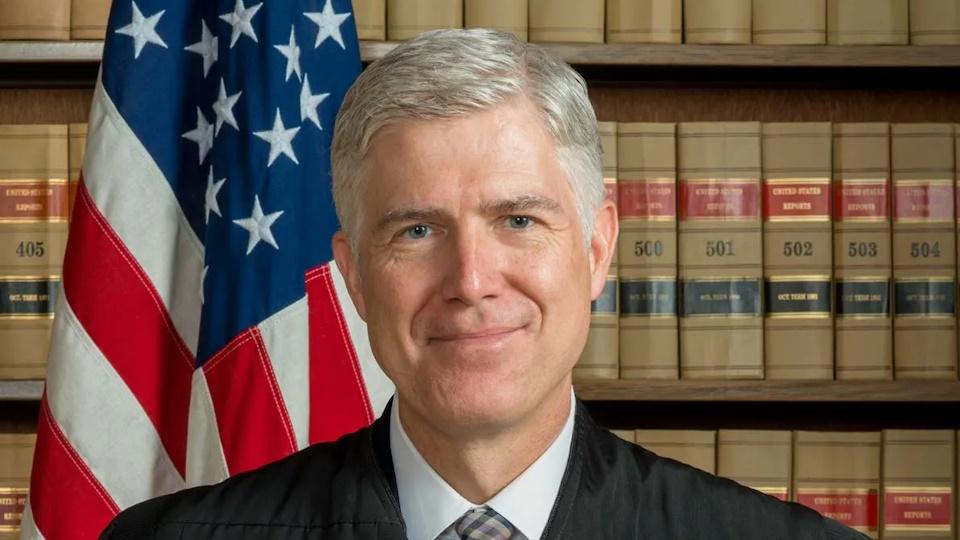Purdue’s bankruptcy plan in tatters as SCOTUS says no

Justice Neil Gorsuch - SCOTUS
The Supreme Court of the US has rejected a bankruptcy deal that would settle opioid litigation against Purdue Pharma, but also protect the Sackler family that controls the company from liability.
By a vote of five to four, the justices rejected the settlement, saying that US law does not give bankruptcy courts the authority to block liability for parties who haven’t filed for bankruptcy themselves.
The Sacklers, who have owned and run Purdue for decades, agreed to pay $6 billion into the roughly $10 billion pot put on the table to settle claims that Purdue fuelled the opioid epidemic in the US with the promotion and marketing of its OxyContin (oxycodone) brand.
The SCOTUS decision is a victory for the Department of Justice, which has been trying to block the plan because it would allow the Sacklers to evade any current and future civil lawsuits over their alleged contribution to the crisis and was a misuse of the legal system.
On behalf of his peers who rejected the deal, Justice Neil Gorsuch wrote that the Sacklers had tried to piggyback on the Purdue settlement “without securing the consent of those affected or placing anything approaching their total assets on the table for their creditors.”
“The bankruptcy code does not authorise a release and injunction that, as part of a plan of reorganisation under Chapter 11, effectively seek to discharge claims against a non-debtor without the consent of affected claimants,” he continued, adding: “Nothing in present law authorises the Sackler discharge.”
Those in favour of allowing it to go through, represented by Justice Brett Kavanaugh, asserted that the decision “is wrong on the law and devastating to the more than 100,000 opioid victims and their families.”
He wrote that, as a result, “opioid victims are now deprived of the substantial monetary recovery that they long fought for and finally secured after years of litigation.”
The settlement attracted immediate criticism when it was announced, amid reports that the Sacklers may have amassed wealth to the tune of $11 billion, much of it held offshore.
A US district judge blocked the proposal towards the end of 2021, and Purdue subsequently lodged an appeal with the US Court of Appeals for the Second Circuit, which ruled that Purdue could proceed with the plan last year. The DoJ then asked SCOTUS to rule on the matter.
Senator Elizabeth Warren (D-MA), who has long campaigned for the Sacklers to be held accountable, said today that they had “made a fortune from hooking people to opioids that killed hundreds of thousands of Americans, and then tried to use the bankruptcy system to keep their money.”
While SCOTUS has closed the loophole “that doesn’t make things right for the millions of people who have lost loved ones to opioid overdoses. This is a first step towards accountability for the Sackler family.”
Purdue said in a statement that the ruling – which means a return to negotiations – “does nothing to deter us from the twin goals of using settlement dollars for opioid abatement and turning the company into an engine for good.”












